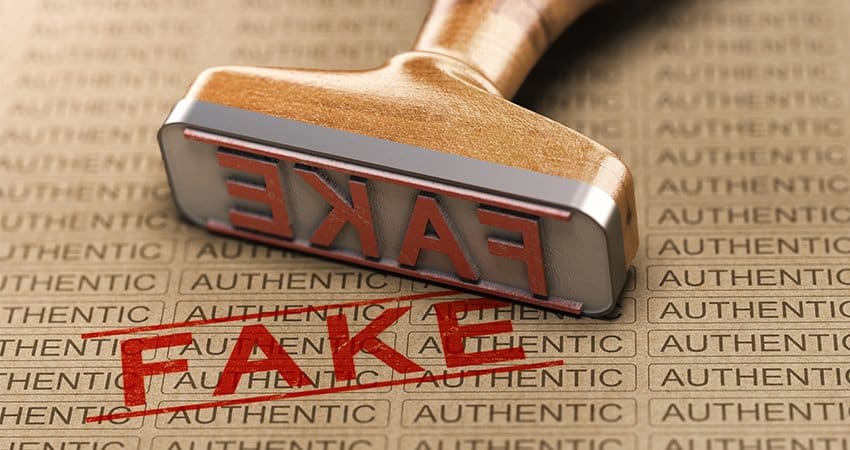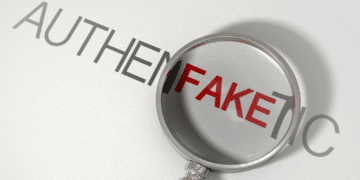SnapDragon Monitoring has released the findings of a new survey into the impact of counterfeits and fakes on UK businesses, which revealed that almost 20% have experienced a company selling fake versions of their products, resulting in 93% of them suffering significant financial losses.
The study was carried out in August 2021 to understand the attitudes of 250 UK-based Small to Medium-sized Enterprises (SMEs). Additional findings revealed that 23% have experienced a company selling poor-quality duplicates of their products or services, while 27% – more than one in four of all businesses surveyed – admitted that the future of their company has been put in jeopardy because of counterfeits.
The data is being released following a huge raid on London’s Oxford Street in November, where more than 17,500 fake designer goods and illegal items were confiscated in a pre-Christmas law enforcement operation.
Commenting on the study findings, Rachel Jones, CEO and founder of SnapDragon Monitoring, said: “Our survey highlights that luxury brands are no longer the only victims of counterfeiting. Today every organisation, whether large or small, may be at risk. While counterfeits can be a mere nuisance to some brands, to others they impact their very survival – from loss in revenue, to safety issues which put the end customer at risk. As we enter the holiday shopping season, I urge retailers, manufacturers, businesses and consumers to be vigilant for counterfeits and report any they find to Trading Standards.”
Additional findings from the survey revealed that 31% of UK SMEs have struggled to build trust among their customer bases because of a rise in counterfeits. When respondents were asked what more the government should do to fight counterfeits, 52 said to impose harsher penalties, while 44% said to prosecute more counterfeiters. The survey also revealed that 33% of UK businesses have accidentally bought counterfeits for professional use, either through staff errors or wholesale purchases of substandard/copycat products. Forty-two percent of respondents said more consumer awareness was the key to tackling challenges with counterfeits and fakes affecting their business.
“Counterfeit products are made to look genuine, so it is easy to accidentally purchase something thinking it’s authentic when it’s not – particularly online. The real consequence of counterfeits comes down to consumer safety.
Product pricing is based upon multiple factors, not least the cost of the materials, considered and proper manufacturing and rigorous testing to ensure the product meets appropriate safety standards. Because counterfeits simply ‘rip off a product’, corners are cut, safety testing is rarely, if ever, undergone and the materials used may even be hazardous, exposing users to serious safety and health risks. My advice to shoppers this Christmas, is only purchase from legitimate online retailers – ideally the brand’s own site – and to avoid obscure sites, particularly proffered through social media links, where prices seem too good to be true, because the reality is, they probably are,” continued Jones.






